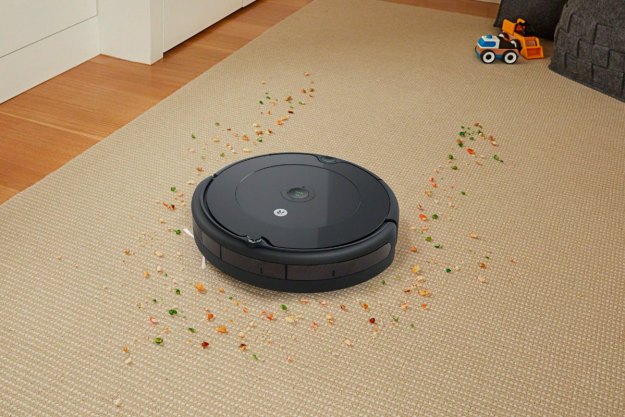
Eleven startup companies will bid the United States a farewell on January 7 as its founders set sail to hop from country to country seeking out new global markets for their budding startups. But this batch of entrepreneurs isn’t your typical Silicon Valley and Silicon Alley entrepreneurs launching apps that solve (or add to) our first world problems. Instead they’re tackling world health, global poverty, and space travel by leveraging technology to their advantage.
Unreasonable at Sea is a one-of-a-kind crash course in global entrepreneurship. On paper it’s an accelerator, but at its core it’s a movement.
In one respect these entrepreneurs are a smattering of a new wave of social technology entrepreneurs that are motivated by innovation for innovation’s sake. They’re bound to an idealism that’s rooted within the precepts of Unreasonable at Sea. Like most tech companies today, revenue isn’t the goal. Finding a feasible solution with as little friction as possible in today’s complex politically charged society is the objective.
Unreasonable at Sea founder and serial entrepreneur Dan Epstein underlined the importance of not only fostering the 11 social tech startups, and emphasizing his hope that Unreasonable at Sea will inspire a new generation of social entrepreneurs. Facebook, Google, Twitter, which admittedly have arguably changed the world for the better, have motivated aspiring entrepreneurs to get in on the social media action. But most of the problems that actually need solving aren’t being addressed by social startups, and there aren’t enough entrepreneurs focusing on these global issues.
Epstein says he’s trying to address this in the way he knows best – technology entrepreneurship. “We have a belief that entrepreneurial thinking is the answer to most of the issues we face today. And the reason we’re doing what we’re doing is it’s an experiment in what works in terms of having a debt on global issues. It’s our assumption that entrepreneur and technology is a huge piece of that equation, and it’s our goal with this program to help accelerate that growth of tech companies that are solving some of the toughest problem sets of our time.”
The startups that made it into the select 11 have been interviewed, vetted, and walked through a rigorous selection process to meet stringent criteria. The issue startups are trying to solve has to be globally relevant, and they have to prove their market viability by converting customers or bringing in revenue. These companies are at a stage where they’re “busting at the seams,” as Epstein says, with more than tens of millions in revenue (eight of the 11 companies are already profitable) and are ripe for scaling up globally to tap international markets.
Where Unreasonable at Sea comes into play is, with its unprecedented resources, the accelerator will help entrepreneurs break through the “glass ceiling” of launching into international markets. How many countries these companies are able to find a foothold in is all up to them, the advice of their mentors, and the opportunities they’re able to capitalize on. They’ll meet global consumers, woo key potential investors, and convene with advisers, in an environment with everything you need to study or even break into another country’s market.
As for the cruise ship? Would you prefer to lounge around on a cruise ship and stop off at ports or take a weekly red eye ride halfway around the world? We’d go with the former. For Epstein a ship was a no brainer, but for a different reason altogether. “The airplane was immediately unappealing to us because it loses the communal aspect of the program, and it loses the mentor-driven core of Unreasonable that we think is core to the development of these companies.” Some of the mentors are taking the voyage alongside these entrepreneurs.
With the backing of leading experts and mentors from Stanford University, Google, WordPress, Mozilla, Sun Edison, IBM, and even a Saudi Arabian prince (responsible for investing in Facebook and numerous other tech companies, while being the critical strategist for Facebook’s foray into the Arab market), these 11 startups are the cream of the crop that have a fighting chance at actually addressing global poverty, curing blindness, and even cleaning devastating oil spills. Tall orders, inarguably, but the advantages of hitting the open ocean could work to their advantage.
Editors' Recommendations
- 7 reasons why your AC isn’t cooling your home
- Your air purifier isn’t protecting you from this silent killer. It should be
- Ring says it isn’t using facial recognition, but it’s definitely working on it


